People are unjust to anger - it can be enlivening and a lot of fun
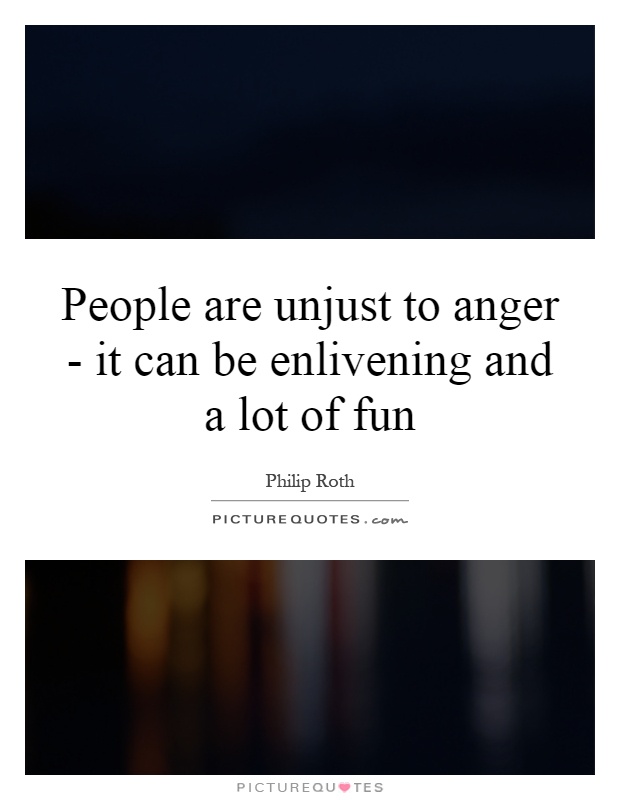
People are unjust to anger - it can be enlivening and a lot of fun
Philip Roth, the acclaimed American author known for his provocative and controversial works, often explored the complexities of human emotions in his writing. One of the emotions he frequently delved into was anger, portraying it as a powerful and enlivening force that could be both destructive and liberating. In his novels, Roth challenged the notion that anger is always negative, arguing that it can be a source of energy and even enjoyment.Roth's characters often grapple with intense feelings of anger, whether directed towards society, family members, or themselves. In his novel "American Pastoral," the protagonist Seymour "Swede" Levov experiences a profound sense of anger and disillusionment as he witnesses the breakdown of his family and the disintegration of the American Dream. Despite the pain and turmoil that anger brings him, Swede also finds a sense of purpose and vitality in his rage, using it as a driving force to confront the injustices of the world around him.
Roth himself acknowledged the complexity of anger, recognizing its potential for both harm and catharsis. In an interview with The Paris Review, he stated, "People are unjust to anger - it can be enlivening and a lot of fun." Roth understood that anger, when channeled effectively, can be a transformative and empowering emotion, fueling creativity and sparking change.

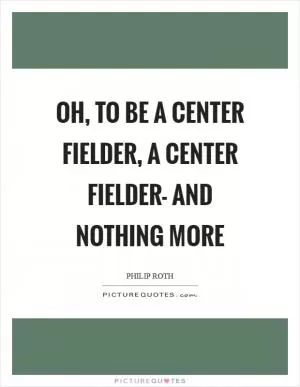
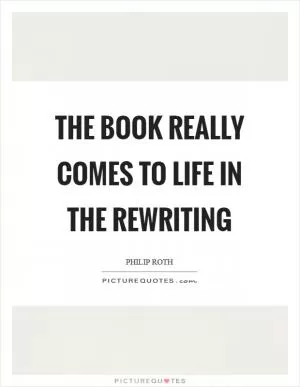
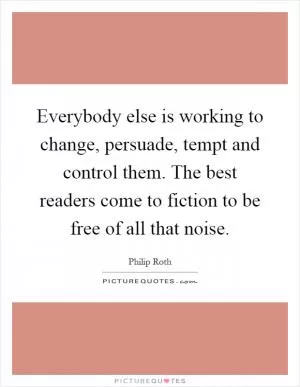

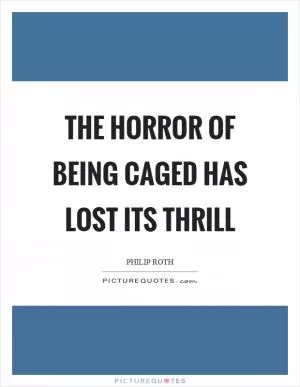
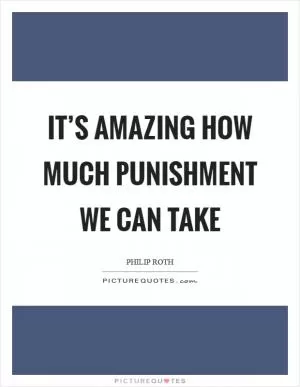


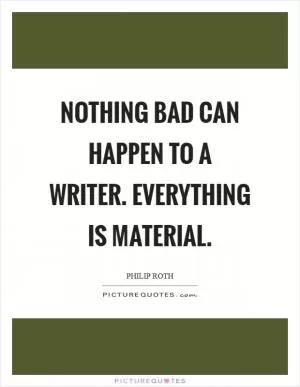


 Friendship Quotes
Friendship Quotes Love Quotes
Love Quotes Life Quotes
Life Quotes Funny Quotes
Funny Quotes Motivational Quotes
Motivational Quotes Inspirational Quotes
Inspirational Quotes